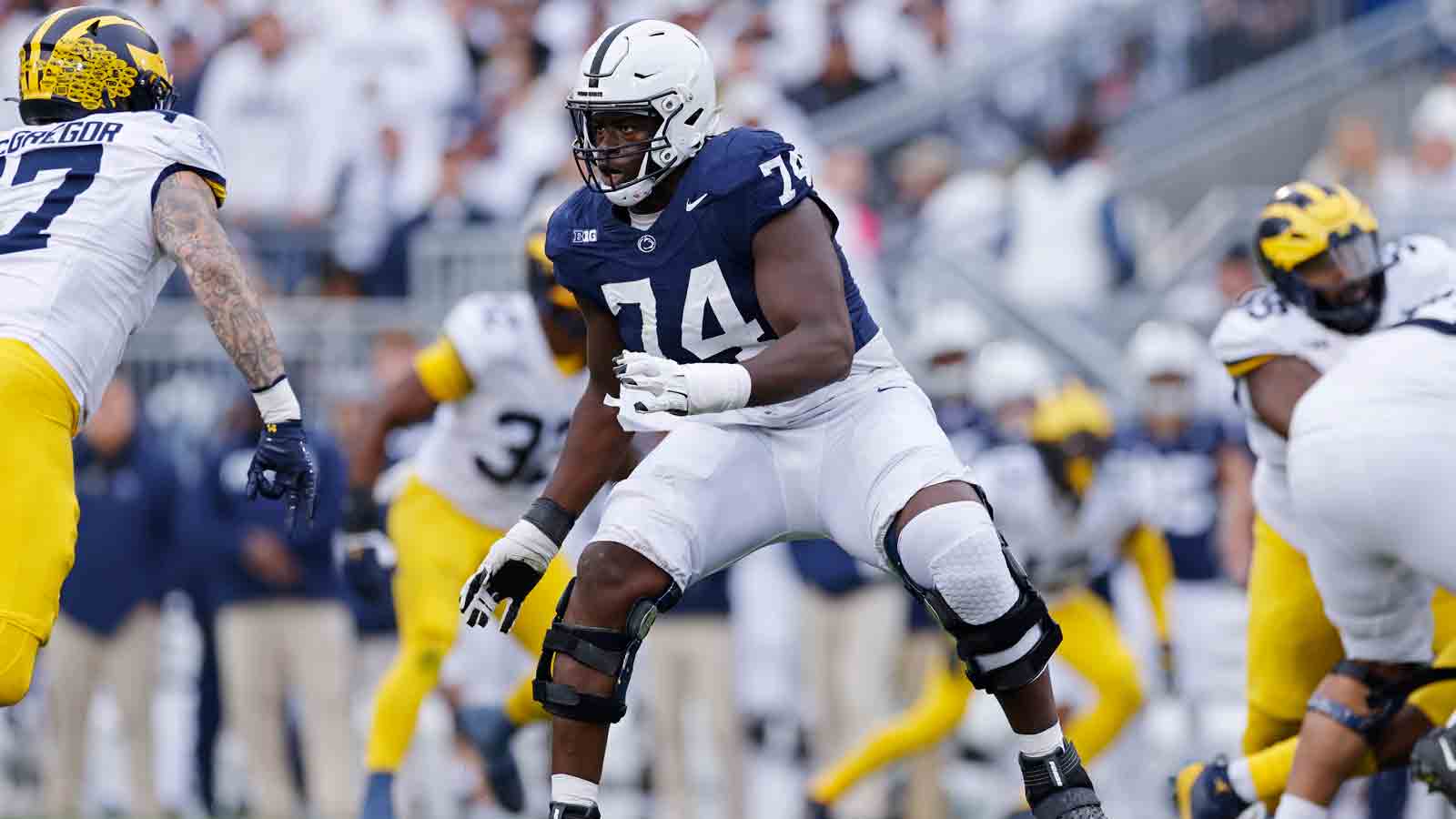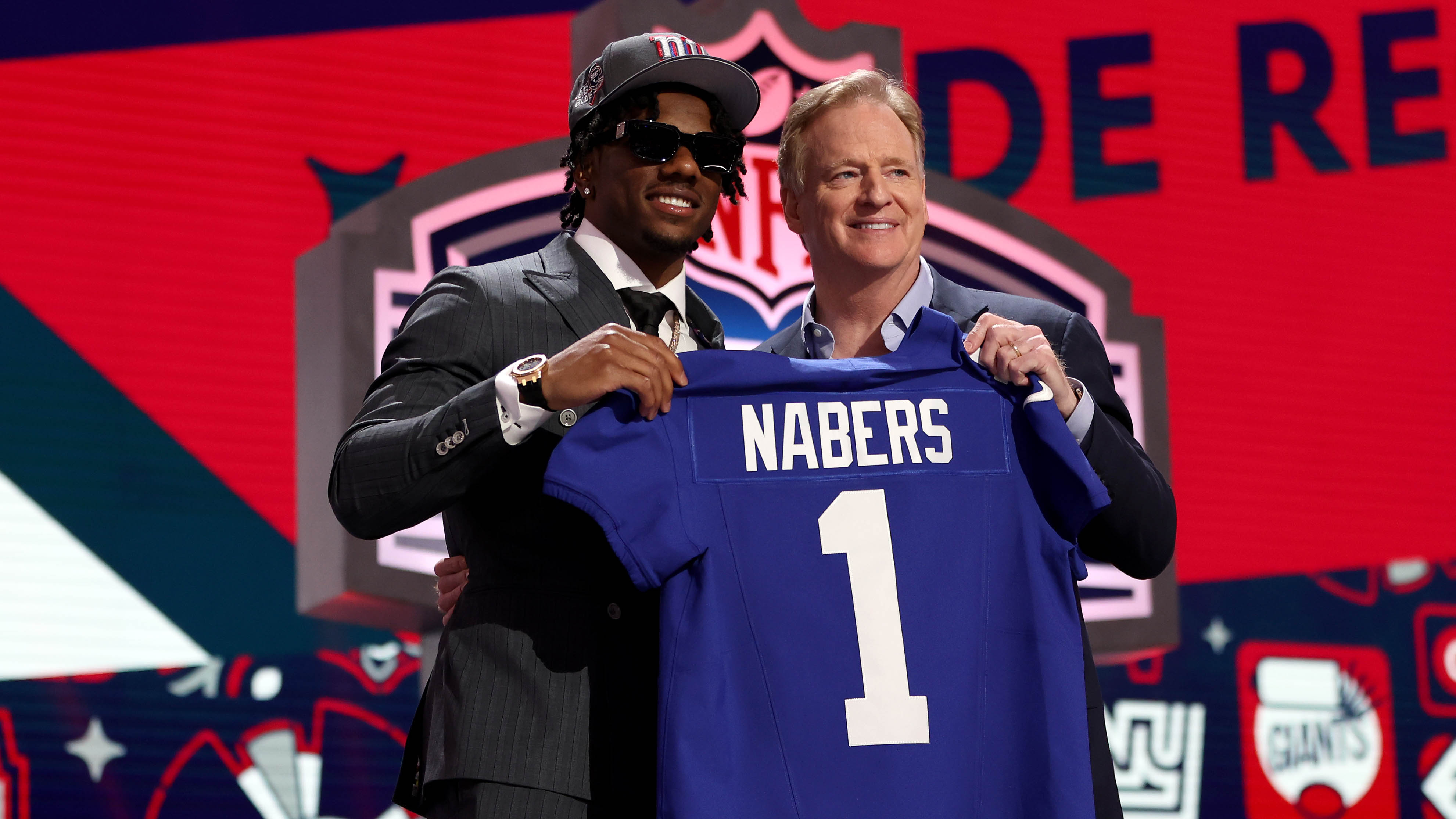On November 1, 1970, The New York Times ran a story that began: “Nearly 200 entrants were expected to show up in Central Park at 11o’clock this morning for the running of the first New York Marathon.”
Thirty-nine years later, more than 40,000 contestants are expected to show up for the 2009 ING New York City Marathon, which airs on Channel 4 this Sunday. And an estimated 2 million New Yorkers will watch the race at various locations. From a very modest beginning, the New York Marathon has made astounding strides.
It’s a classic New York story: a small group of pioneers has an idea. They promote it and capture the imagination of hundreds, then thousands -- and millions. In just a few years, it becomes an international event that stirs the imagination of the world.
But let’s not forget the first marathon -- which goes back to ancient Greece where, in 490 B.C., a runner from Marathon, Greece carried news of the Greek victory over the Persians to Athens. He delivered the message to the Athenians and then, because of fatigue and exhaustion, collapsed and died.
Here in New York, about 2500 years later, a fire fighter named Gary Muhrcke, after a busy night fighting fires , was ready to go home and take it easy. But his wife, Jane, persuaded him to go to Central Park and enter the first New York marathon race. She drove him there. Muhrcke plunked down the $1 entry fee and joined the other 126 starters. He ran the four laps in Central Park in 2 hours, 31 minutes and 38 seconds and his name went down in history as the inaugural champion of the first New York Marathon.
It’s to pioneers like Muhrcke and the late Fred Lebow, co-founder of the New York City Marathon, that New York owes the recognition this race has earned throughout the world.
It’s more than a race. It has become a symbol of New York itself, of its vibrant energy, its enduring, competitive spirit. The Marathon contestants and champions have made the city proud.
Local
And nowhere is that more visible than along the route of the race, from Staten Island, to Brooklyn, Queens, the Bronx and Manhattan. Every runner is greeted with warmth and almost adulation by the crowds lining the streets. As he or she goes through one neighborhood after another, as people offer paper cups full of water to the passing athletes, they hear voices saying things like: “Good going!,” “Keep it up!”, “Bravo!” and “Yea!”
The marathon is transformational. It forges a collective can-do spirit for runners and spectators alike. Immediately after the 9/11 disaster this was especially apparent but it has been true in every marathon since Lebow and friends expanded the race from just the park to the whole city in 1976.
Lebow, as I knew him, was a zealot. He devoted his life to the race. A Holocaust survivor,Lebow believed in the city and its people. When he was inducted into the National Track Hall of Fame, his health was failing. He was suffering from a brain tumor. He whispered at a special ceremony in Central Park: “I’m flattered and honored and I don’t deserve it. I’m just a peon. I’m awed and embarrassed.”
In 1992, he ran the marathon himself with the celebrated Grete Waitz of Norway, the nine-time women’s winner and his running partner that year. Disregarding the advice of doctors, he refused to stop short of his goal of completing the 26 mile course and, at the finish line, embraced Waitz. They kissed and then he kissed the finish line.
He said: “I never believed so many people would watch a miserable runner two hours behind.” He died in 1994.
As president of the New York Road Runners Club, Lebow was able to attract the world’s outstanding marathoners to New York. Among those who have run here are: Rob de Castella of Australia, Ingrid Kristiansen of Norway, Juma Ikangaa of Tanzania, Ibraham Hussein of Kenya and American runners like Alberto Salazar and Bill Rodgers. This year, three Maasai warriors from Kenya, wearing their tribal clothing, are running.
R. I. Duffus said of New York that it is ‘’an anthology of urban civilization” that has never lost its respect “for the striving, combative, beauty-loving spirit of man.”
The marathon is a symbol of that spirit, embodying the best of New York and New Yorkers -- and those who strive for achievement throughout the world.



